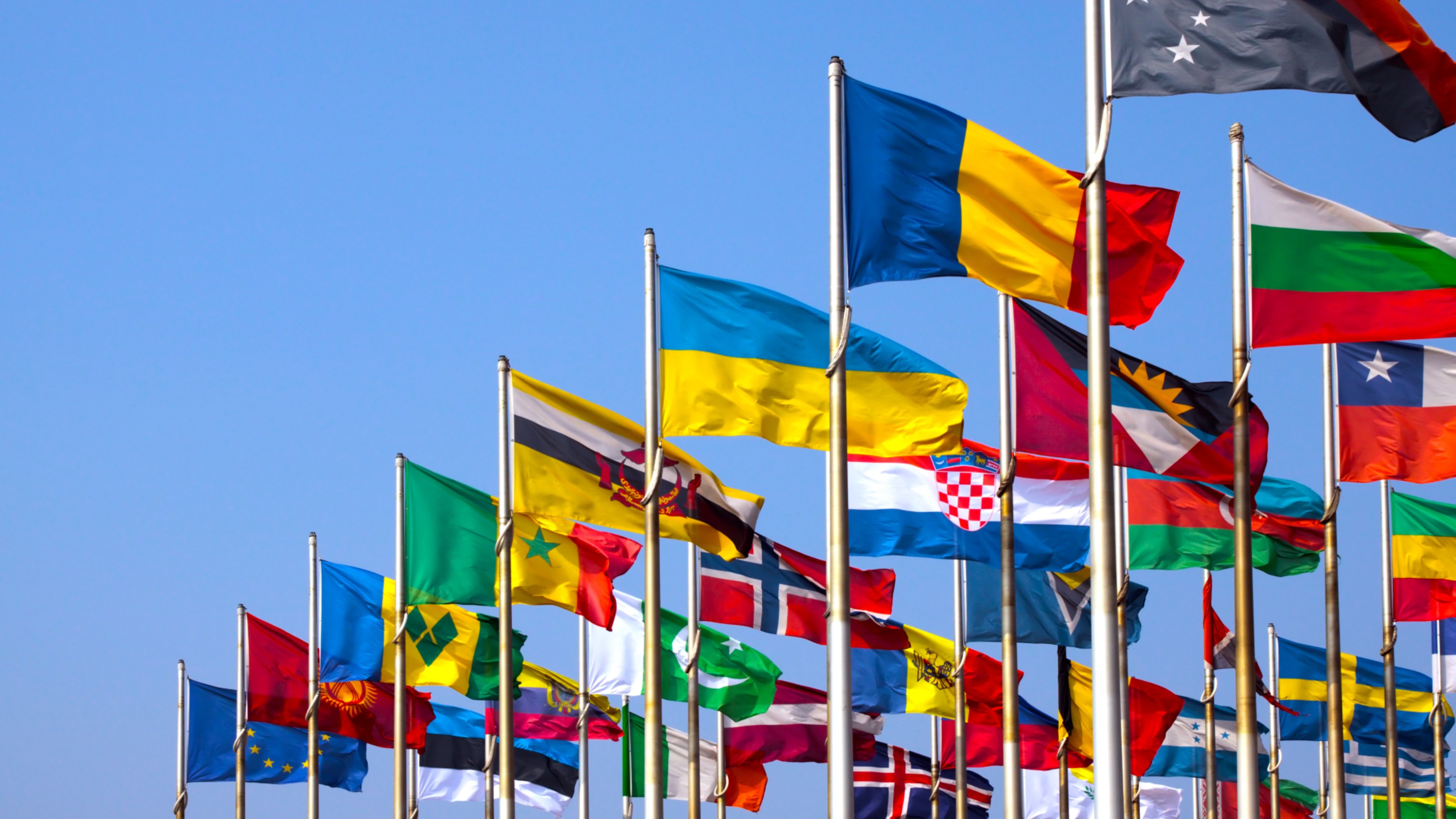The Paradox of Power
“Contrary to the Machiavellian cliché, nice people are more likely to rise to power. Then something strange happens: Authority atrophies the very talents that got them there. … The very traits that helped leaders accumulate control in the first place all but disappear once they rise to power. Instead of being polite, honest and outgoing, they become impulsive, reckless and rude. In some cases, these new habits can help a leader be more decisive and single-minded, or more likely to make choices that will be profitable regardless of their popularity. One recent study found that overconfident CEOs were more likely to pursue innovation and take their companies in new technological directions. Unchecked, however, these instincts can lead to a big fall.”




